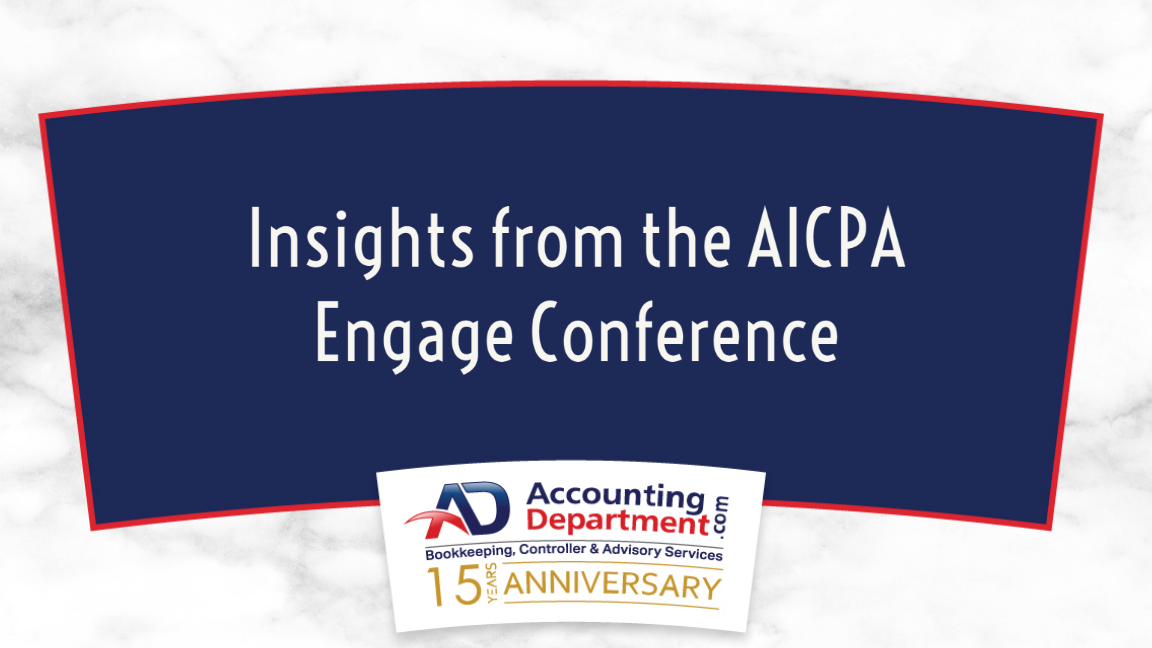Research undertaken by award-winning accounting software provider, iplicit, has revealed the top three challenges faced by UK finance-decision makers.
Technical issues with outdated accounting software disrupts productivity and ultimately impacts the business and its bottom line.
Choosing from a list of over 10 options, the top three frustrations UK finance decision-makers have with their existing accounting software are:
- It’s cumbersome to access remotely and share data with colleagues (14%)
- It doesn’t integrate well with other existing systems (11%)
- It’s difficult to generate the reports they need (10%)
Commenting on the independent research, Paul Sparkes, Commercial Director at iplicit, said, “With remote and hybrid working practices here to stay, the four-day working week becoming a reality and an increasing pressure on companies to provide fit for purpose equipment – the research raises serious concerns for the accounting and finance profession.
Accounting software providers need to stand up and deliver systems fit for the purpose of supporting modern working practices.”
iplicit’s independent research looked at the perceived barriers to changing accounting software, the experience of changing accounting systems, as well as the current processes and future priorities of 1,000 UK-based finance professionals who use financial accounting software as part of their daily job function.
Sparkes continued, “The biggest concern is that remote access and sharing data with colleagues is cumbersome in the current system. In addition, respondents complain that the current solution doesn’t integrate well with other existing systems and it is difficult to generate the required reports.
Ironically, the lack of integration is something that has become more of a problem since the demand for cloud solutions.”
While many companies have achieved a degree of integration when working on-premise, providing links between finance, ERP, CRM and e-commerce solutions, this has not been effectively replicated by legacy vendors’ cloud deployments – especially when rapidly moving to remote working.
Sparkes explains, “Migrating an accountancy solution designed to operate on-premise into the cloud is not straightforward. Most notably, security issues result in a very tightly locked down system that removes any integration with other core systems.
A popular (workaround) solution is that the system is hosted by the vendor in a private cloud to offer remote access. But this completely lacks the agility and flexibility delivered by solutions developed specifically for a true cloud platform.”
Cumbersome finance systems coupled with limited data sharing ability and a lack of reporting ability can lead to operational inefficiencies, increased costs, and compliance risks, and seriously hinder a business’s ability to adapt and innovate in a rapidly changing financial landscape.
“In a challenging global economy, businesses need to be more agile and reduce operational risk – and modern, cloud-first systems offer an array of features to deliver those goals and avoid expensive surprises”, added Sparkes.
The report has highlighted that legacy accounting software that many businesses are tied into, even when migrated to the cloud, fails to provide the flexibility required by today’s businesses. Even more galling for mid-sized companies is that many smaller businesses, that can get away with using an entry-level solution, can enjoy the benefits of true cloud software, albeit without the full set of features they need as they grow.
“It’s crucial for businesses to invest in modern cloud-first technology that integrates systems and robust data-sharing capabilities to help meet the demands of the modern finance function. The onus is very much with accounting software providers to illustrate exactly how their technology will improve operations, generate savings and support staff and customers alike – while positively impacting the bottom line,” concluded Sparkes.
You can view the full results of the independent market research in the report titled: ‘A study into how to overcome the barriers of moving to a true cloud accounting system’.




